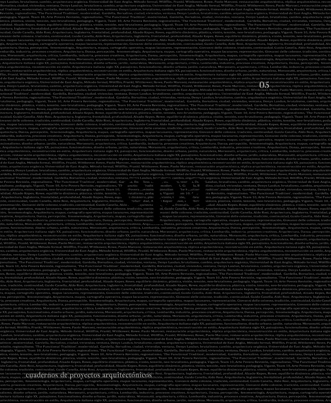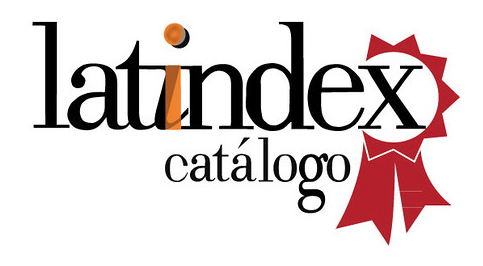'I giovanni delle colonne.' Tradition and continuity ante litteram.
Palabras clave:
Giovanni delle colonne, tradition, continuity, Guido Canella, Aldo RosiResumen
Abstract
In the mid 50’s background of the Politecnico di Milano, a group of students started to make use of a range of very personal stylistical references in the academic ex tempore, related to a specifi c historical and traditional baggage, giving thus birth to a protest that aspired to expose the limitations of razionalismo di maniera imparted by the academic way of teaching of the period. The 'provocative' use of arches, columns and pinnacles in the formal researches of Michele Achilli, Daniele Brigidini, Maurizio Calzavara, Guido Canella, Fredi Drugman, Laura Lazzari, Giusa Marcialis, Aldo Rossi, Giacomo Scarpini, Silvano Tintori and Virgilio Vergelloni earned them the epithet of 'giovani delle colonne'.
The debate was destined to overcome the boundaries of the university in order to reach the condition of little revolution and excite the stagnant architectural Milanese debate in June 1955, through the public reading of the report by Guido Canella and Aldo Rossi in front of the exponents of the Movimento di Studi per l’Architettura.
Their speech –based on the need to refer to tradition and recognise the humanistic essence, the fi gurative means […] of its expressive language– presumed the existence of an analogy with the line of research drawn by the BBPR group from the early years of the second postwar. The ‘subversive restlessness’ of the giovanni delle colonne seems to have driven Rossi to do research on the Milanese neo-classic and on Milan’s architecture, starting from the ‘reinterpretation’ of tradition through an unexperimented linguistic key. In this view, the value of this group’s experience –which was not considered by Reyner Banham in his attack to the Italian Retreat from Modern Architecture– is known for having disclosed or forced some of the themes Rogers discussed in his theory of continuità, preparing the ground for the development of an innovative operational method.
Descargas
Descargas
Publicado
Número
Sección
Licencia
1. Los autores conservan los derechos de autor y garantizan a la revista el derecho de una Licencia Creative Commons Atribución-NoComercial-SinDerivar 4.0 Internacional que permite a otros compartir el trabajo con un reconocimiento de la autoría.
2. Los autores pueden establecer por separado acuerdos adicionales para la distribución no exclusiva de la versión de la obra publicada en la revista (por ejemplo, situarlo en un repositorio institucional o publicarlo en un libro).












